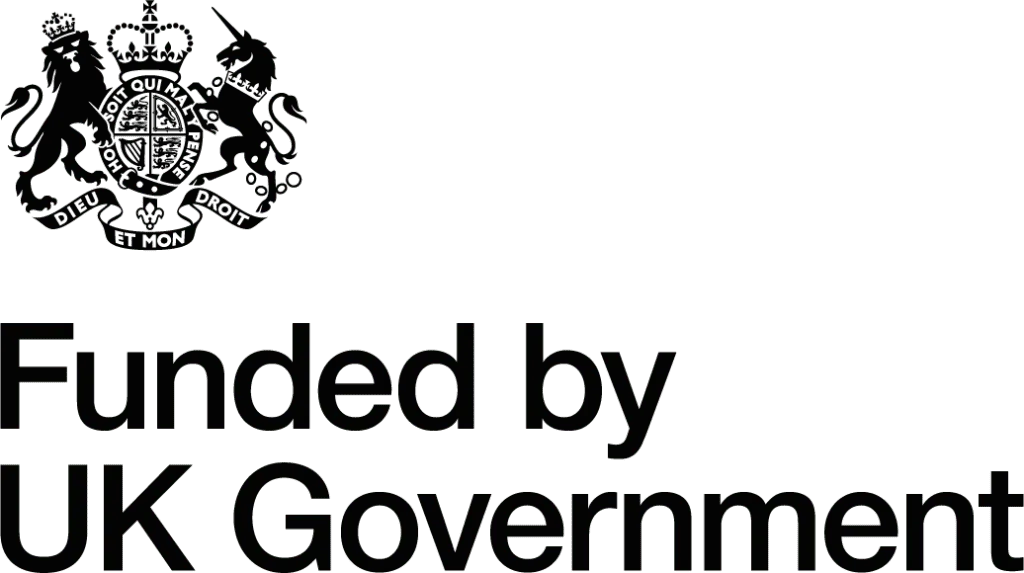TRICKY INTERVIEW QUESTIONS AND HOW TO ANSWER THEM (PART 2 OF 4)

This is the second article in our series that looks at tricky interview questions and how to tackle them…
This is the second article in our series that looks at tricky interview questions and how to tackle them.
If you haven’t read the first one then take a look at how to answer the question ‘What is your most significant achievement?’ Often tricky questions are designed to provide an interviewer with more information about you than the simple answer to the question.
We show you how to tackle a real classic tricky question. You know it’s coming, because it’s an interviewer’s favourite, ‘What is your biggest weakness?’
This is a great question, because you can really shine if you prepare for it. It also catches out interviewees who have not done their homework. It’s an interesting question, because at first glance it’s inviting you to tell the interviewer about all the things you are not good at. Being prepared for this question means you can still present yourself in a good light when answering it. It’s also thinking about the question in a different way when preparing your answer. The question is designed to test your analytical abilities and how self-aware you are.
This question is also about how you identify and handle challenges that require skill sets that are less developed.
So, stop thinking about writing up a catalogue of errors. Instead, begin by thinking about yourself and situations that are personal to you. This is not the time to be picking situations off the internet. It’s highly likely the interviewer has heard them before and will begin asking a variety of more probing questions designed to test honesty and other qualities. Realise that this is a self-awareness question and begin by putting together a list of skills you are good at. At the same time list those that you find a challenge. You’ve just taken a step closer to being analytical about your strengths and weaknesses.
It’s always good to match the skill sets you have to the job you are being interviewed for.
It’s also good to match the ones that are not a key requirement when planning to answer a question about your weaknesses. Select one of those as you build your answer to this tricky question. Present the challenges you faced and how you sought to improve those weaknesses. You may have taken a training course for example to improve your skills in those areas.
It’s important to realise that everyone has weaknesses. This question is also about how you identify and handle challenges that require skill sets that are less developed. When answering this tricky question you should demonstrate that you can take criticism without losing focus, getting upset or taking it personally.
Another good technique for preparing for this question is to take the list of skills you are good at and think about how each may have a downside that you can improve upon.
It’s best if you talk about your personal experience and how you have learn and developed as a result of it. This is a winning answer as you’re being honest, you’ve got the confidence to admit a potential weakness, but you’re also analytical and self-aware taking steps to improve.
Remember, the secret to good interviewing is to be prepared. Getting ready for some of the questions you may be asked is important as you can deliver a polished response designed to highlight the skills and experience you have. It’s useful to think about the questions you’ll encounter and practice answering them. You should do this with a friend who can tell you how you come across. Get them to be honest and provide constructive criticism.
